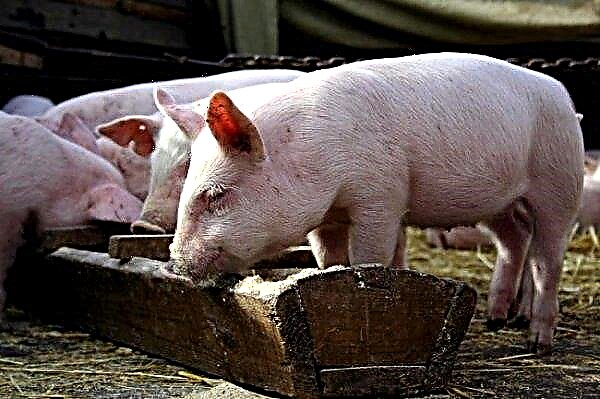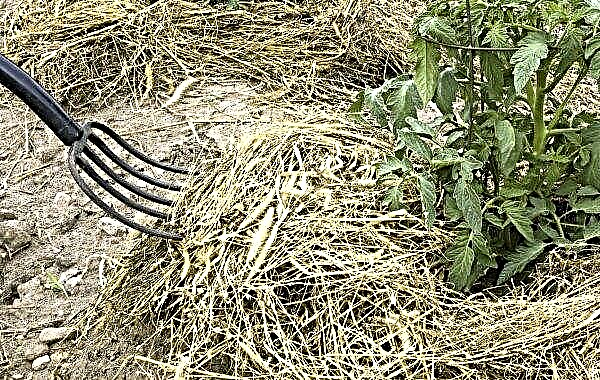According to traders, futures for livestock and lean pork on the Chicago Mercantile Exchange (CME) on Monday, June 3, fell on the second trading day and reached an almost 10-month low amid active supplies and trade battles that suppressed export demand.
Futures for corn on the Chicago Stock Exchange finished trading on Monday, June 3 on a negative note, amid uncertainty about the progress in planting corn in the United States and the continuing threat of US tariffs against Mexico, the largest buyer of corn.
However, trading concerns have greatly affected the futures market as a whole. The market continued to struggle with whether Mexico would retaliate against threats from President Donald Trump to levy duties on all Mexican imports.
Mexico is the largest importer of American pork and the third largest importer of American beef.
Meanwhile, the trade war between the United States and China in the near future does not show any signs of weakening, "so the hopes that China will buy beef from us have faded into the background," said Don Rouse, president of US commodities .
According to Ruza, funds liquidating their long positions have greatly influenced futures prices for livestock. The same is true for US supplies of pigs and cattle exceeding demand.
Traders warn that livestock prices may continue to fall. According to Jeff French, an analyst at Top Third Ag Marketing in Chicago, the $ 113 per cent cent transaction in Kansas on Monday, June 3, was not a good sign for price increases.
“Most people expect that if on Monday you will cost $ 113, by Friday you will be trading at $ 110,” said an analyst at Top Third Ag Marketing. CME pig indices in June fell 0.15 cents to 81.575 cents per pound, while the most actively traded pigs in July fell 1.4 cents to 84.525 cents.












